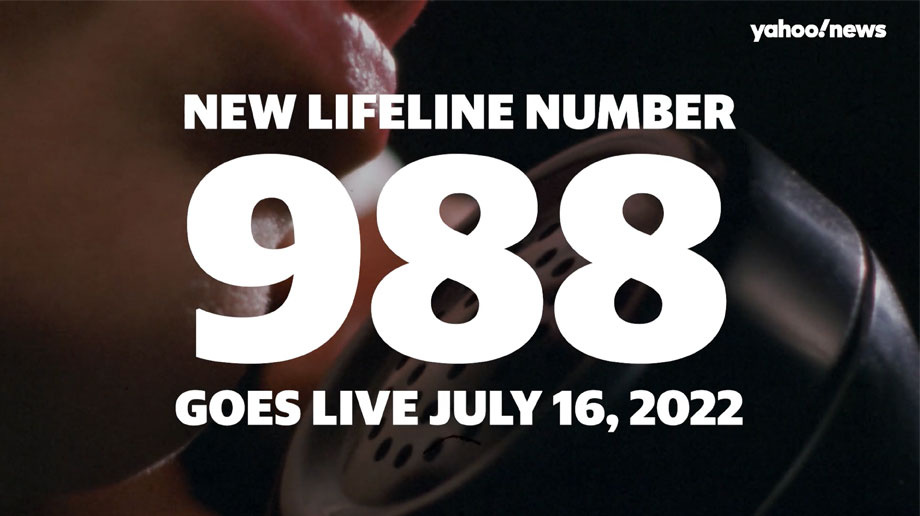Nashville, Tenn. (TN Tribune) — Centerstone, a national leader in behavioral health and addiction services, applauds the July 16 transition to 988 as the easy-to-remember, three-digit code people can use in the United States to quickly access mental health crisis services.
This development marks a critical step forward and offers an unprecedented opportunity to strengthen and transform life-saving mental health crisis care in this country.
In 2020, the U.S. had about one death every 11 minutes from suicide according to the Centers for Disease Control and Prevention. The National Institute of Mental Health reported nearly one in five U.S. adults live with a mental illness.
To reach the 988 Suicide & Crisis Lifeline (formerly known as the National Suicide Prevention Lifeline), people can call or text 988 or chat at 988lifeline.org. The 988 network of crisis contact centers, including Centerstone, offer 24/7 access to counselors trained to help people experiencing suicidal, substance use, and other mental health crises.
In 2021, the Lifeline received 3.6 million calls, chats, and texts. With easier three-digit access now in place, the Substance Abuse and Mental Health Services Administration (SAMHSA) expects that number to double (at least) within the first full year of the 988 transition.
To meet the rising need, Centerstone is among the 988 crisis contact centers increasing staff.
“I’m grateful for the transition to 988 and what it means for the life-saving efforts available to those in emotional crisis,” said Becky Stoll, vice president of crisis and disaster management at Centerstone. “To prepare for this
transition, we have hired additional staff to work with folks who find themselves in need reaching out for help.”
SAMHSA has further stated the long-term vision for 988 is to increase access to crisis services, including mobile crisis teams and crisis stabilization facilities available in communities across the country.
“The transition to 988 marks a historic moment for our nation, the beginning of transformation that will forever change how Americans access mental health crisis care,” said Lauren Conaboy, vice president of national policy at Centerstone. “Similar to 911, building out the full continuum of 988 emergency mental health services will take years as well as significant investment and policy change to ensure that any American in need of
those services can access them 24/7 anywhere in the country.”
Proposed steps to further strengthen key 988 infrastructure and services include enacting nominal state fees on wireless bills and passing legislation that would require insurance payers to cover a defined list of mental health crisis services. Both are common practices in funding 911 emergency medical services.


